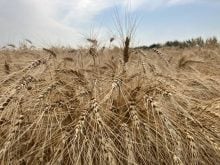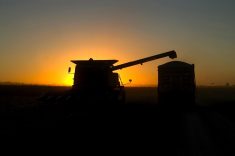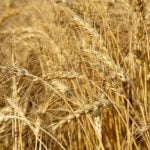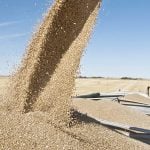MarketsFarm – While the declines in canola prices can be partially attributed to the lack of major weather concerns on the Canadian Prairies and the early development of this year’s crop, an analyst said the main reason is on a grander scale.
“The major one is the overall drop in the commodity world. For instance, products like cotton went down 30 per cent in three days,” commented Errol Anderson of ProMarket Communications in Calgary, Alta.
“Crude oil, the king of commodities is holding up, but the clock is ticking on that one. Somewhere crude is going to suddenly drop and it will drop hard when it goes,” he added, expecting crude to tumble either in early or late summer.
Read Also
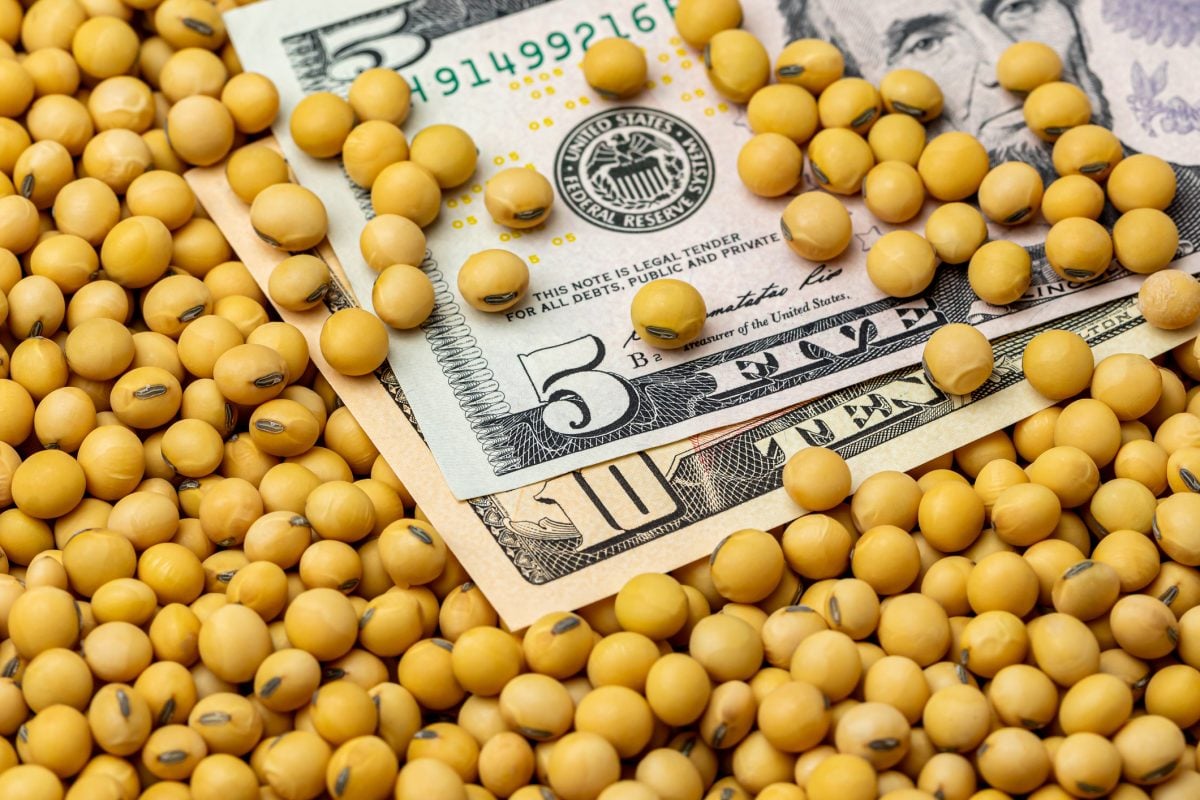
U.S. grains: Soybean futures hover near 15-month high after China buys U.S. cargoes
Chicago Board of Trade soybean futures hovered near a 15-month high on Wednesday after trade sources said China made its first purchases from the autumn U.S. harvest ahead of a summit between leaders Donald Trump and Xi Jinping.
In turn, the main reason for this is the global economy is already in a deep recession; one Anderson is concerned that will last longer than the usual 18 months.
“This is a debt bomb that just went off,” he commented.
He theorized prices could test their resistance levels. He said the nearby November contract has its upper resistance at C$940 per tonne, with the heavy at C$975. Pushing downward, canola would find support at C$845 per tonne with the heavy at C$780.
“We’ll probably get a rally around mid-summer just on the weather, but the thing is with the [market] environment the rallies won’t hold,” Anderson said.
As for cash prices, the analyst expects basis levels should remain quite good with cash bids between C$17 to C$22 per bushel.
As for days of canola being well over C$1,000 per tonne, he said they are very much over.
“The old highs are the old highs. We’re not going back there, but if we do, producers should jump on it,” Anderson stated.




